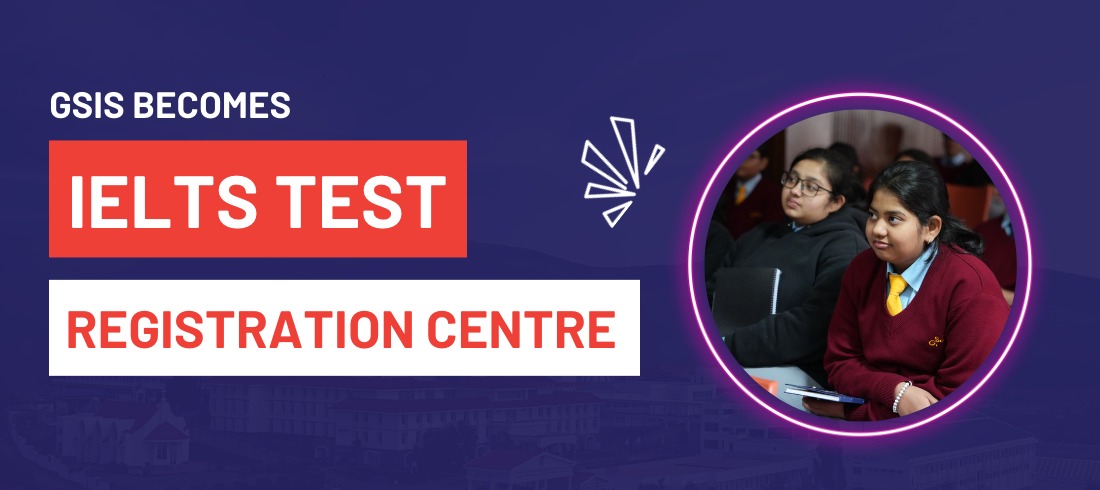Choosing the Right International School for Your Child – A Comprehensive Guide
Getting Started: Key Features of International Schools
International schools prepare students for success in a dynamic global world through diverse curricula and multicultural-environment. To ensure their child’s academic, social, and emotional growth, parents must choose a school that aligns with the child’s and family’s needs.
Understanding What an International School Offers: International schools are characterized by intense focus on academic excellence and development of leadership skills, critical thinking, intercultural sensitivity, multilingualism and adaptability, among their students from diverse backgrounds.
With a variety of curriculum types, such as International Baccalaureate (IB), Cambridge International Examinations (CIE), and American curriculum, these schools help to shape students’ academic preparation and university admissions.
Evaluating the School’s Curriculum and Academic Standards: To understand the quality and relevance of education, parents must evaluate:
- Curriculum, academic standing, teaching methods and pedagogical approaches adopted by the school for promoting student engagement, critical thinking, and all-round development.
- Accreditation, which is not only an assurance that the school meets the established standards of quality and education, but also facilitates the recognition and acceptance of students’ academic credentials by global universities and employers.
Assessing Class Size and Teaching Quality: In smaller classes, teachers can offer more personalised attention and meaningful interactions, resulting in deeper understanding and knowledge retention, greater student engagement and higher academic achievement.
Further, qualified teachers not only deliver curriculum content and address diverse student needs effectively, but also inspire confidence and trust among students, parents and the community, thereby contributing to better academic outcomes.
Beyond Academics: Environment and Activities
To thrive, students need a supportive and enriching environment that extends beyond academics.
- Extra-Curricular Activities and Comprehensive Development: A range of extra-curricular activities, such as sports, arts, community service, and leadership roles, enable students to explore their interests and talents beyond academics. They also help develop resilience, team spirit and time management skills.
- School Infrastructure and Facilities: Well-equipped classrooms, libraries, science labs, sports facilities, and technology resources support students’ academic and personal development, enhance teaching and learning experiences, and promote creativity, collaboration, and critical thinking.
- Location, Logistics, and Practical Considerations: Parameters such as location, transportation, boarding vs. day options, and transparent admission process, can play a deciding role in a child’s development.
- Financial Aspects: Information on financial aspects, such as tuition fees, uniforms, textbooks, transportation, and financial aid options can help parents budget for the education costs and make informed decisions that align with their budgetary constraints and long-term financial goals.
- School Culture and Ethos: A supportive and inclusive environment, where diversity is celebrated and cultural differences are respected, can better prepare students to thrive in a globalised society.
Inclusivity in education through tailored instruction, accommodations, and support services, can maximise the potential of all children by making them feel valued and respected, regardless of their backgrounds or abilities.
Making the Choice: Your Child and the School
Parents must prioritise their child’s well-being and academic growth through critical assessment of the school’s culture, environment, and resources.
- Parental Involvement and Community: Schools that encourage parental involvement and community support through engagement in school activities, events and decision-making processes, create a supportive network to enrich students’ educational experiences and promote their overall well-being.
- Special Considerations: The choice between single-sex and co-educational settings depends on social dynamics, individual learning styles, and personal preferences. Other considerations may include language and culture integration.
- Research and Decision-Making Process: In addition to research, parents must involve the child in understanding the preferences, interests, and concerns during the decision-making process.
Further, use personalised assistance from school staff and information about curriculum, extracurricular activities and support services, to address any concerns and make knowledgeable choices.
Evaluating Indian International Schools
To evaluate Indian international schools, parents may consider the following parameters:
- Advantages of Indian Education: Indian education lays strong emphasis on foundational knowledge and rigorous academic standards to prepare students for higher learning, competitive exams, and future career endeavours. Indian education boasts a diverse range of educational boards, each with its own unique strengths, catering to different learning styles and preferences. Indian international schools incorporate traditional practices and multi-cultural celebrations into their curriculum for cultural integration and to instil values such as respect, empathy, and social responsibility in the students.
- Is an International Residential School the Right Choice for Indian Expats: Indian international schools balance global exposure with cultural roots through a multicultural environment that celebrates diversity and integrates local traditions. By providing support services for adjustment, these schools help ensure smooth transition to international curricula and maximise a child’s academic growth and integration into the new educational environment. International schools celebrate diverse traditions, customs and festivals that develop a strong sense of belonging with India’s rich cultural heritage among their students.
- Key Factors to Consider While Searching for a School in India: Accreditation of international schools in India, by globally recognised organizations such as the Council of International Schools (CIS) or the International Baccalaureate Organization (IBO), ensure quality education and recognition of academic qualifications, globally. Understanding the blend of international and Indian curricular elements to determine how the curriculum integrates international frameworks like the IB or Cambridge curriculum with elements of the Indian education system. Availability of support services, such as orientation programmes, academic counselling, and language support, to ensure smooth transition and academic success for students from different education or teaching methods.
- Visiting Prospective Schools: A Guide for Indian Expats: In-person visits can provide firsthand experiences of the learning environment and the overall atmosphere of the school community. Through observation, interaction, and engagement with school staff and students, parents can gain valuable insights into the values and beliefs that shape the school’s culture and the academic support available for students.
Preparing for the Transition: Practical Tips for Indian Families: Smoothen the cultural and academic transition for children by availing of the support services, cultural orientation programmes, and personalised academic assistance. Understand the support systems made available for Indian expatriate families. These may include services such as language support, cultural orientation, and community engagement programmes. Navigate logistical aspects such as transportation, boarding facilities, and proximity to Indian communities to facilitate a smooth transition and enhance the overall educational experience of the child.
Conclusion
Choosing the right international school requires assessment of curriculum and teaching pedagogy, support for cultural transition, and logistical convenience. By prioritising academic quality, cultural integration, and community support, parents can ensure a well-rounded educational experience and future success for their wards.
International residential schools combine rigorous academics with extracurricular activities, pastoral care and cultural integration, to equip students with the skills, values, and experiences needed to thrive in a globalised world.
Author
Sara Jacob | Sr. Vice President of Student & Staff Welfare
Sara Jacob joined Good Shepherd International School in 2020 as the Sr. Vice President of Student & Staff Welfare. With over 17 years of experience in various fields of law, Sara brings her legal and communication expertise to her role at GSIS. As a member of the Senior Management Team, Sara’s primary focus is the overall welfare of the students and staff at GSIS – from their social, emotional, physical, and academic well-being to their safety, happiness, and nurturing when they are here at GSIS and beyond.




